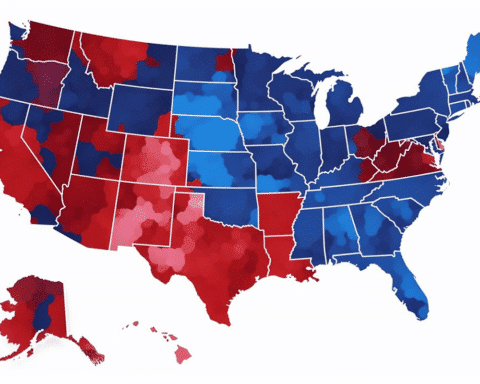The economic outlook for Germany is concerning. The Ifo Institute has confirmed its growth forecast for 2023, predicting a 0.4% decline in the German economy.
“Contrary to earlier predictions, the recovery will apparently not prevail in the second half of the year. The cooling phase continues, and nearly all sectors display signs of stagnation,” commented the Ifo economic expert, Timo Wollmershäuser, during the presentation of the institute’s autumn forecast. For the upcoming year, an increase of 1.4% is anticipated, which is 0.1 percentage points less than previously assumed. In 2025, growth is expected to be around 1.2%.
“The annual forecast remains unchanged solely because the already published Gross Domestic Product (GDP) is now significantly higher than in the summer after a revision by the Federal Statistical Office,” said Wollmershäuser. “Without this revision, we would have reduced our economic growth forecast for this year by 0.3 percentage points to minus 0.7%.”
Is Private Consumption the Lifesaver?
In their autumn forecast, the Munich-based economic researchers are more pessimistic about inflation and unemployment for this and the following year compared to their predictions in June.
A positive signal comes from private consumption, which is expected to gradually rise again. “The growth of households’ available income will continue to be robust and, with decreasing inflation, will also contribute to an increase in purchasing power,” explained Wollmershäuser.
The Ifo Institute anticipates consumer prices to rise by 2.6% next year. The number of unemployed people is expected to remain at nearly 2.6 million. The national deficit will decrease slowly, from 92 billion euros this year to 80 billion next year. The current account balance is expected to increase to 7.1% of GDP by 2025 after it temporarily dropped to 4.2% last year due to rising import prices.
Germany is not alone
Growth in the Eurozone was only marginal in the spring. GDP grew by only 0.1% from April to June compared to the previous quarter, as announced in a new estimate by the statistical agency Eurostat. Earlier, an increase of 0.3% was reported. At the beginning of the year, the Eurozone also recorded minimal growth of 0.1%, following a decrease of 0.1% at the end of 2022.
Forecasts for the Eurozone are also bleak. Before the start of autumn, stock market participants viewed the Eurozone’s economy more pessimistically, according to a monthly survey by the consulting firm Sentix of 1,220 investors.
The Kiel Institute for the World Economy recently revised its GDP forecast for Germany downwards, now expecting a decline of 0.5% – almost twice as much as expected in the early summer. Among the 20 Euro countries, only Ireland and Estonia are also expected to decline.




